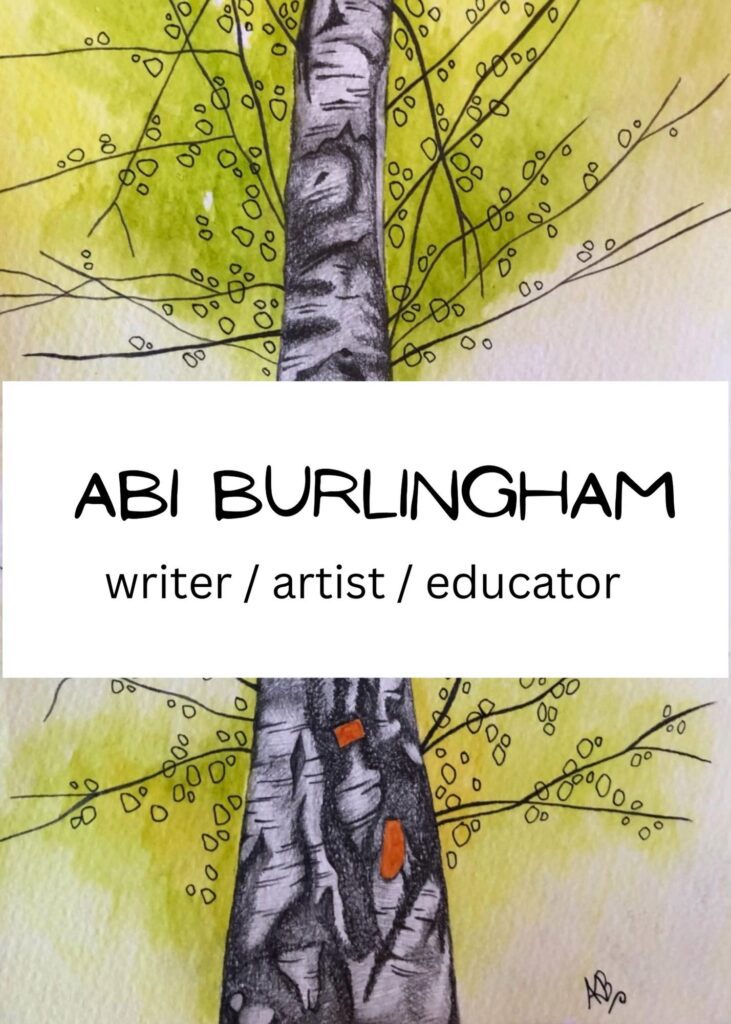Pencil holding fingers – an editing workshop
How do you feel about the editing process? Is it something you relish, or something you find difficult and face with a sense of dread?
Almost exactly a year ago, I attended an editing workshop at Nottingham Writers’ Studio, an incredible experience which had a lasting effect on me for many reasons.
Firstly, the venue itself, the street it was on, the view of the church from our writing room, the whole vibe of the area seeped into my soul somehow. It was all so new; I knew no-one and I was way out of my comfort zone. This had the effect of sharpening my senses, as I think it often does, so that I noticed everything around me.
In addition to this, I learnt to edit, drastically, and had a lightbulb moment where my writing was concerned – I could do anything I wanted to with my words. I could change what I wanted to change. Nothing was set in stone. This has drastically altered my approach to the whole writing and editing process, for which I am truly grateful. Until then I had feared the whole process of editing, finding it really difficult to know which words and sentences to cut and which to leave, feeling that once I had made a change, that was it, I couldn’t undo it. In my mind, I had been separating out the writing and the editing, treating them as separate entities. I now see the whole process as one, and as a fluid and changing thing, a building up, of layers almost, and a peeling away. I’m not saying it’s easy, but I no longer feel panic-stricken by the thought of changing what I have written, but relish the thought of this liberating experience… and it is liberating. These are our words, our stories, we make them the shapes they become.
And, finally, this whole experience was symbolised by a pencil. Pre workshop, I had always edited in pen, but during the workshop I was given a pencil complete with rubber on the end. I still have the pencil and have used it until the rubber is… well, rubbed out! I continue to edit in pen sometimes, but see the pencil as a metaphor for freedom and for the change that I underwent on that day, and the changes that will happen in my writing.
I wrote this poem a few days after the event, and hope it kind of sums up that very remarkable day.
Pencil holding fingers
I gazed through the glass at the church beyond
and the autumn trees losing their leaves,
listened to the click and clack
and the rhythmic scratch
and the shift of cotton unseen,
wondering how I would ever begin,
how I could possibly say.
But you gave me a pencil
which put everything right,
offered wisps of wisdom to the page,
erased the things that shouldn’t have been said
and the things that weren’t,
untangled the lashes that swept the colour
from our eyes.
You preferred to keep yours down,
so didn’t see how many times
I snatched away the mesh
of lead and rubber mixed to a fine dry pulp.
Not that it mattered.
That was what it was for.
That was what these were for,
these pencil holding fingers
only I hadn’t noticed the absence,
hadn’t realised that the ache wasn’t the early onset
of some genetically inherited arthritic condition
from my paternal grandmother’s side
but the ache of longing
of missed moments,
misshapes,
an emptiness held in the palm of my hand.
I kept them,
the grains of the day
held inside my resting grip,
sprinkled like confetti into the side pocket
of my jacket, hanging,
my fragments, your bus tickets,
collectables that no-one else will ever want.
It’s wearing down now
and I am frightened lest it disappear.
Then what will I do with these pencil holding fingers?


Leave a Reply